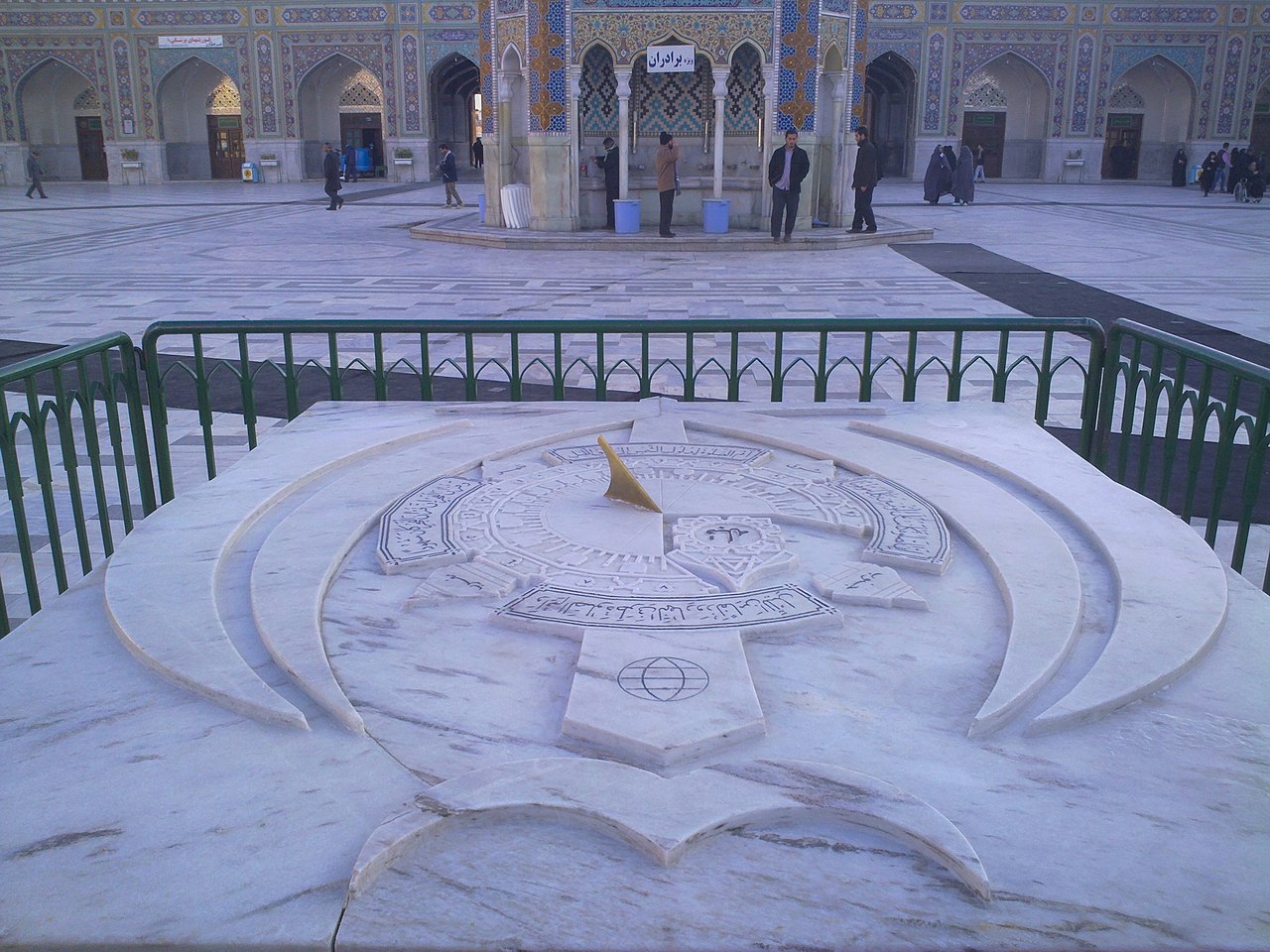U.S. News
Houthis Might Be More Independent Than We’re Told
By Matt De Vlieger · February 4, 2024

Prominent Group
The Houthis, formally known as Ansar Allah, have emerged as one of the most significant political and military entities in Yemen. They have considerable influence, particularly in the northern parts of the country. Creative Commons
Emergence Response
The Houthi movement originated in response to the rise of Sunni Salafi fundamentalism in northern Yemen during the 1980s and 1990s. Their emergence can be seen as a reaction to perceived threats to their Zaydi Shi'ite identity and religious beliefs.
Zaydi Sect
The Houthis belong to the Zaydi branch of Shi'ism, which is distinct from the Twelver Shi'ism predominant in Iran. Zaydi Shi'ism has its own theological and ideological differences compared to other branches of Shi'ism.
Regime Conflicts
The Houthis' rise to prominence involved conflicts with the regime of President Ali Abdullah Saleh, who ruled Yemen for decades until his ousting during the Arab Spring in 2011. These conflicts laid the groundwork for the Houthi movement's eventual control over parts of Yemen.
Wars Against Saleh
Between 2004 and 2010, the Houthis engaged in six wars against the Saleh regime. These conflicts were characterized by intermittent ceasefires followed by renewed hostilities, highlighting the volatile nature of the relationship between the Houthis and the Yemeni government at the time.
Arab Spring Allies
During the Arab Spring protests in 2011, the Houthis allied themselves with other revolutionary forces in Yemen, seeking to challenge the authoritarian rule of President Saleh and push for political change.
Alignment with Saleh
In 2014, the Houthis formed an unlikely alliance with former President Saleh against the transitional government that succeeded him. This alliance allowed the Houthis to consolidate power and eventually seize control of the capital, Sana’a, in early 2015.
Internationalized Conflict
The civil war in Yemen escalated into an internationalized conflict in early 2015 when a Saudi-led coalition intervened militarily against the Houthis. This intervention significantly escalated the conflict, leading to widespread devastation and a humanitarian crisis in Yemen.
Increased Iranian Support
Over time, the Houthis have received increased support from Iran, primarily in the form of financial and military assistance. This support includes the supply of advanced weaponry, which has bolstered the Houthi movement's military capabilities.
Maintained Independence
Despite receiving support from Iran, the Houthis have maintained their independence and autonomy as a political and military force in Yemen. They make their own strategic decisions and pursue their own agenda, rather than acting as mere proxies or servants of Iran.